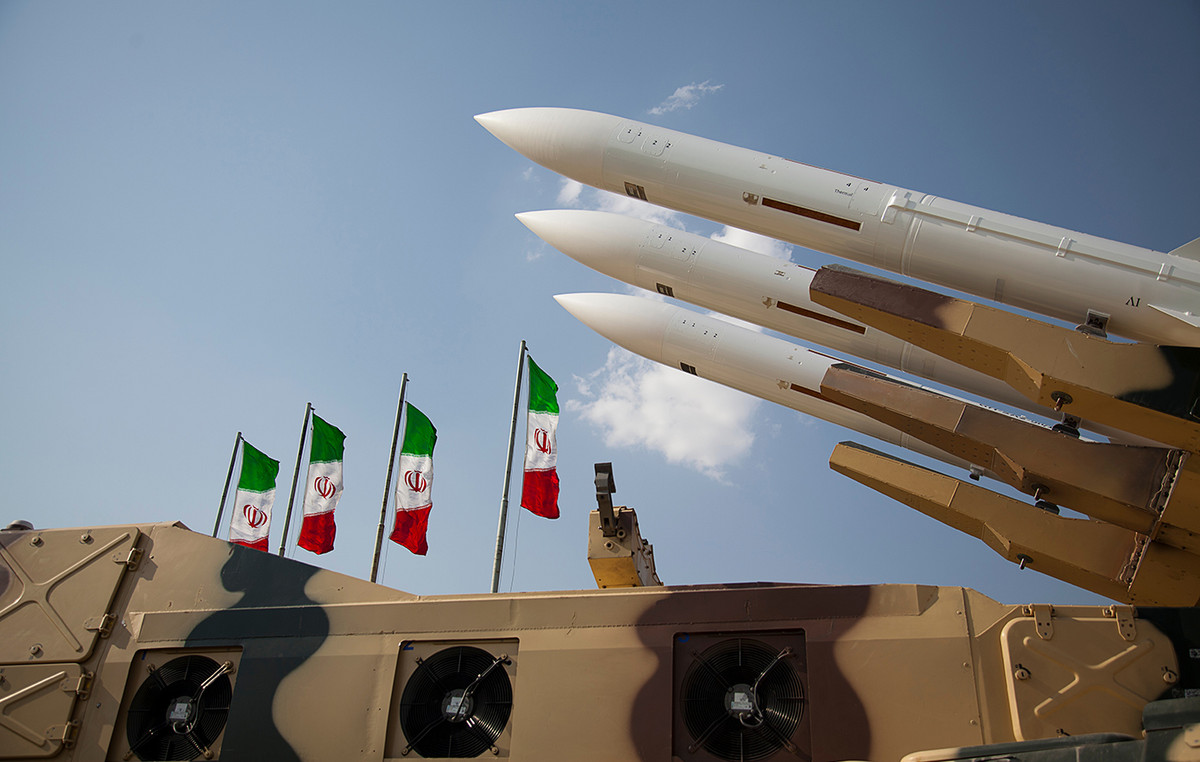A new personalized cancer vaccine showed promising results in patients with advanced kidney cancer. In an article published on Wednesday (5) in the journal Nature, one of the most renowned in the area, researchers showed that all nine participating in a clinical trial generated a successful anticancer response after receiving treatment.
According to articlevaccines were administered after tumor removal surgery and are designed to train the immune system to recognize and eliminate remaining tumor cells.
“We are very excited about these results, which show such a positive response in all nine patients with kidney cancer,” says Toni Choueiri, director of the Lank Center for Genitourinary Cancer at Dana-Faber, in the United States, senior co-author and main copystrus of study, in press release.
Surgery is the standard treatment for patients with light cell renal carcinoma, a type of renal cancer, in stage III or IV. The procedure can be followed by immunotherapy with pembrolizumab, an immunological verification point inhibitor.
Pembrelizumab induces an immune response that reduces the risk of cancer returning. However, about two -thirds of patients may suffer relapses (tumor return) and have limited treatments options.
“Patients with renal cancer III or IV are at high risk of recurrence,” says Choueiri. “The tools we have to reduce this risk are not perfect and we are looking tirelessly more.”
Therefore, the researchers decided to investigate new ways to combat this type of cancer. In the clinical trial, they treated nine patients with clear renal cell carcinoma in stage III or IV with a personalized cancer vaccine after surgery. Five patients also received the drug Ipilimumab with the vaccine.
Personalized vaccines are those developed to recognize the individual cancer of a patient from the tumor tissue removed during surgery. The team of researchers extracts molecular characteristics of tumor cells (neoantigens) that differentiate them from normal cells. Neoantigens are small fragments of mutant proteins that exist in cancer, but not in any other cell in the body.
Researchers used predictive algorithms to determine which of these neoantigens include in the vaccine based on the likelihood of inducting an immune response. The vaccine is then manufactured and administered to the patient in a series of initial doses followed by two reinforcements.
“This approach is really distinct from the attempts of vaccine in renal cancer,” says David A. Braun, an oncologist at Yale Cancer Center and the Yale School of Medicine and the first author of the study.
“We choose targets that are unique to cancer and different from any normal part of the body so that the immune system can be effectively“ directed ”to cancer in a very specific way. We have learned which specific targets in cancer are most susceptible to immune attack and show that this approach can generate lasting immune responses, directing the immune system to recognize cancer. We believe this work can form a basis for the development of neoantigens vaccines in renal cancer, ”he adds.
Through a series of analysis, the team found that the vaccine induced an immune response in three weeks, with the number of cells T [células do sistema imunológico responsáveis pela defesa do organismo] Induced by the vaccine increasing by 166 times – and these levels have remained high for up to three years. According to the study’s authors, no serious side effects were reported by the study participants.
Clinical trials with a larger number of patients are necessary to confirm the effectiveness of the vaccine and explore its total potential in combating cancer. A multicenter international randomized study is underway and uses a personalized vaccine against similar neoantigen -directed cancer. It will be administered in combination with pembrolizumab immunotherapy.
Young women have a double risk of cancer than men, says study
This content was originally published in a new vaccine has promising results against advanced kidney cancer on CNN Brazil.
Source: CNN Brasil
I am an experienced journalist and writer with a career in the news industry. My focus is on covering Top News stories for World Stock Market, where I provide comprehensive analysis and commentary on markets around the world. I have expertise in writing both long-form articles and shorter pieces that deliver timely, relevant updates to readers.







